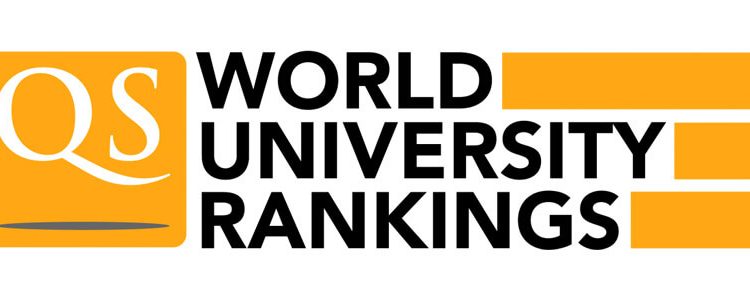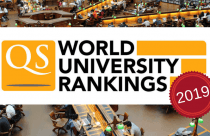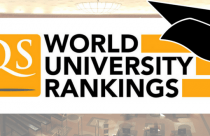QS Releases World University Rankings for 2018

Quacquarelli Symonds (QS) is a British company founded in 1990 by Nunzio Quacquarelli and Matt Symonds. QS provides students with materials, events, and contacts to help them with their overseas studies. It is a global leader and a forum that provides top students and young professionals with the opportunities for advancement in their careers. To that end, QS provides informational networks and contacts to offer the best tools for success.
As part of its goal, QS ranks and evaluates the major educational institutions throughout the world. The methods by which QS evaluates and ranks these institutions and develops the 2018 rankings follow.
Methods
QS uses six ranking measures in its framework that have consistently shown to effectively reflect the performance of any educational institution. The metrics have been revised over the years to ensure that any institutions that specialize in the science disciplines are not given higher rankings at the onset based on subject matter. The six metrics are as follows:
- Academic Reputation (40%): Surveyed 70,000 individuals on teaching and research quality.
- Employer Reputation (10%): Received 30,000 responses to the QS employer survey; identified institutions from which they hire the most “competent, innovative, effective graduates.”
- Faculty/Student Ratio (20%): Assesses how the institution provides low ratios to enable more access to staff and less burden on educators.
- Citations per Faculty (20%): Research quality is measured by dividing the total number of citations by the number of faculty members at that institution averaged over 5 years.
- International Faculty Ratio (5%): Proven to provide students with more of a global awareness and different international outlooks.
- International Student Ratio (5%): As with the above, facilitates exchanges and awareness of information among all cultures.
How They Ranked
After all the metrics were applied and responses to questionnaires tallied, the world’s top university was the Massachusetts Institute of Technology (MIT) (Cambridge, MA, USA), ranking the highest of more than 950 universities worldwide. This is the sixth year that MIT has had this honor. The top four universities, including MIT, are based in the United States. The three institutions below MIT are Stanford University, Harvard University, and the California Institute of Technology, in the order from second to fourth highest ranking.
The poll found that universities in the United Kingdom (UK) were lower in rank than in other years, although the University of Cambridge held the fifth-place position. The University of Oxford, University College London, Imperial College London, University of Chicago, and ETH Zurich–Swiss Federal Institute of Technology, respectively, ranked sixth through tenth.
Reasons for Higher or Lower Rankings
According to a press release reported on WTOC news, the drop in rank of many universities in the UK was the result of funding cuts and improvements to university systems in other countries. Brexit was also cited as a reason for the decline because of the unknown impact surrounding UK’s decision to pull out of the European Union.
It also appears that institutions having a strong technological focus ranked higher than those that do not. For example, Nanyang Technological University in Singapore rose to eleventh place, KAIST in South Korea rose to forty-first place, and Delft University of Technology rose to the top of all institutions in the Netherlands.
To find out how your institution ranked or to see more details on the survey and ranking metrics, follow the links provided on the QS website. Here, you can also find the 2017 rankings by subject, graduate employability, rankings by region, and several other achievement scales.






